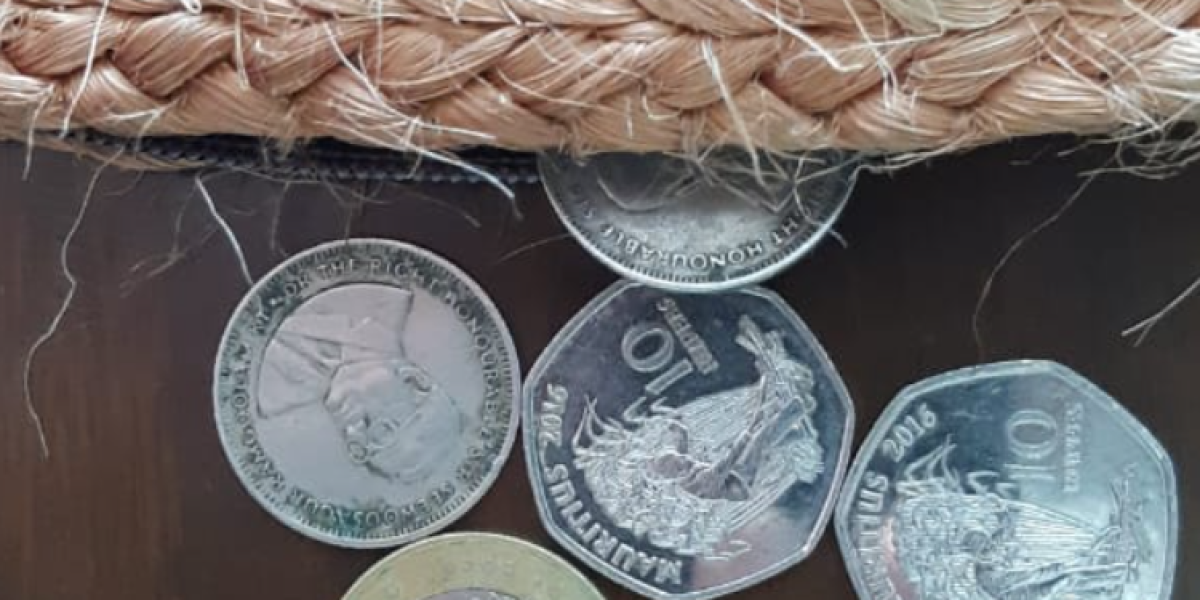
The Mauritian Rupee is sinking as compared to currencies such as the Dollar or Euro. According to economist Eric Ng, this could be the case for at least the coming year. What would be the consequences for expats living in Mauritius?
What does “depreciation of the Rupee” mean?
Simply put, this means that the Mauritian rupee is losing value against other currencies such as the dollar or the euro. So it takes more rupees to buy foreign currency.
And why is that not a good thing for Mauritian residents?
We rely heavily on importation. We actually import 75% of what we consume so we are very dependent on other countries. Not only food but also raw materials and equipment. We are very dependent on imports. We have no natural resources and we are a small, very open economy. This is why it is important to have a stable rupee.
What causes the depreciation of the Rupee?
There are local and international factors. One of the international factors may be the appreciation of the dollar. But in our context, it is a combination of the two types of factors. We are not exporting enough. If companies ask for more dollars than we have in reserve, the Rupee will depreciate. One then wonders why demand exceeds supply, it is precisely because there is not enough export. When inflation is high, purchasing power decreases. And people prefer to keep their money in foreign currency rather than in rupees.
A lower rupee is a boon for tourists but what about expats in Mauritius?
For tourists, this makes Mauritius a cheaper destination. This gives an advantage to exporters who sell their products in foreign currency, so when they trade they have more rupees. As for anyone who has business here and has to buy material and equipment from abroad, this really is a problem.
What about those who are paid in rupees?
In fact, I know there are many who ask to be paid in dollars or euros. It's an advantage for them. The problem may arise when they want to return home and have to convert the rupees back into foreign currency.
It seems that this depreciation will not stop anytime soon, right?
Probably not for another year, or even two. You have to understand that at the moment we no longer have tourism revenue. Usually we have 1.5 billion euros in revenue from the tourism sector. Textile exports have declined. As a result, we are relying on offshore, but again, we have struggled to attract further investment since the country is on the European Union's blacklist. For now, net imports remain high. Our foreign exchange reserve is quite comfortable. It represents twelve months of importation so we can last a year or two but after that we will experience a snowball effect. The Central Bank will have less means to intervene in the market to defend the rupee, so it will have to dip into its reserves, which will further depreciate the value of the rupee ... In fact, it all depends on the trust people have in the rupee. If they don't trust it, they will want to keep their money in foreign currency.
What are the measures that could reverse the trend?
We should review our export strategy and diversify the exported products to have more income. When I speak of diversification, I am not only talking about goods but also services. Mauritius should be made a true international center with substance and high added value while continuing to attract foreign investment.
Do you think there is hope for the next fiscal year?
It all really depends on the government's vision. For the past few years we have been focusing on consumption but when we do this we import more and it pushes the rupee to depreciate. By increasing the old age pension or the compensation, people consume more so we import more.



















